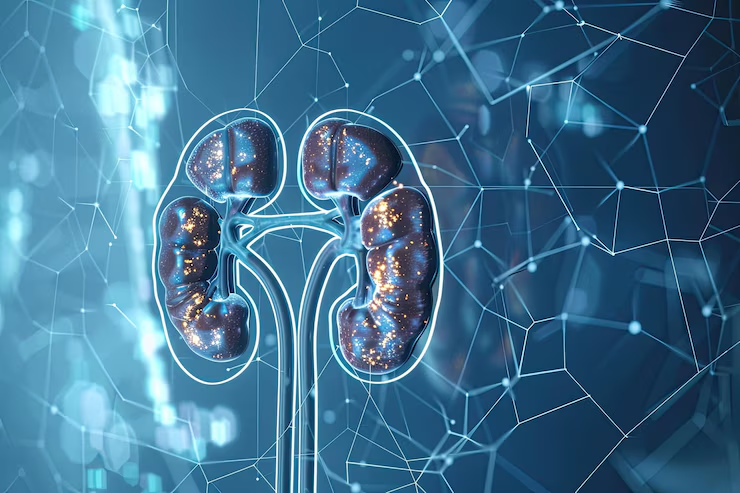Endourology: Precision Care
Minimally Invasive Solutions for Urological Health
Endourology is an advanced form of urology concerned with the management of the urinary system through non-invasive surgical techniques. It employs similar approaches as a doctor or surgeon on urology, kidney, ureter, bladder, and urethra, and uses special tools called endoscopes. Endourology does not require a complete incision of the abdomen. Instead, it can be done through natural orifices or minor cuts made on the body, resulting in a shorter time to bed rest, less pain, and fewer chances of adverse events as a result of surgery.

Endourology Techniques
Endourology practice is distinguished from endoscopy, which uses a camera tube called an endoscope appropriately within the natural course of the urinary system. Some of these core techniques include
A small flexible or rigid endoscope is inserted through the urethra and bladder to evaluate and eliminate disease of the ureter or kidney. The most common ureteroscopic indications are kidney stone diagnosis and removal and treatment of some kidney or urethral tumors.
Percutaneous Nephrolithotomy (PCNL) mainly treats large or complicated kidney stones. A small incision is made through the back to reach the kidney, where a nephroscope is easily fixed. Lasers or ultrasounds can pulverize stones inside the kidney and retrieve them through the nephroscope.
Cystoscopy helps evaluate and treat conditions related to the bladder and urethra. The cyst does the following: A cystoscope is inserted through the urethra to visually Examine the interior walls of the bladder for foreign substances like stones, Appendages, or Infection.
A laser shatters pieces of kidney or bladder stones, which are usually too tight to be passed naturally via the urinary bladder.
PUL surgery, also known as prosthetic Urethral Lift surgery, is famous for treating benign prostate enlargement, also known as Benign prostatic hyperplasia (BPH). A unique feature of this procedure is elevating and holding away obstructive prostate tissue with small implants away from the urethra, relieving urinary retention.

Conditions Treated with Endourology

Kidney Stones
Kidney Stones are among the uppermost search areas in endourology, and several approaches, such as ureteroscopy, PCNL, Endoscopy, Laparoscopic surgery, or laser lithotripsy, are revolutionizing the management of stones.
Ureteral Strictures
These are constrictions of the ureter that may lead to urine accumulation if not surgically corrected. Lysing or cutting the stricture can be performed.
Bladder Tumors
Bladder cancer removal or installation of treatment can easily be performed with the use of endourology such as resectoscope resection through the bladder.
Urinary Tract Infections (UTIs
Endourology methods may assist in evaluating and treating recurrent or complicated UTIs and searching for and diagnosing deformations and diseases.
Benign Prostatic Hyperplasia (BPH)
The use of minimally invasive techniques can alleviate the symptoms associated with an enlarged prostate and hence will help in improving urine flow.
Advantages of Endourology
Endourology provides advantages over traditional surgery primarily in terms of less invasive and quicker recovery period and minimization of complications. Since procedures are done through natural body orifices or minor cuts, the patient is likely to be less sore and heal faster and tends to have lower chances of wound infection or blood loss than classical surgeries. Most of these procedures are performed as outpatient or short stays, and recuperation periods are shortened
